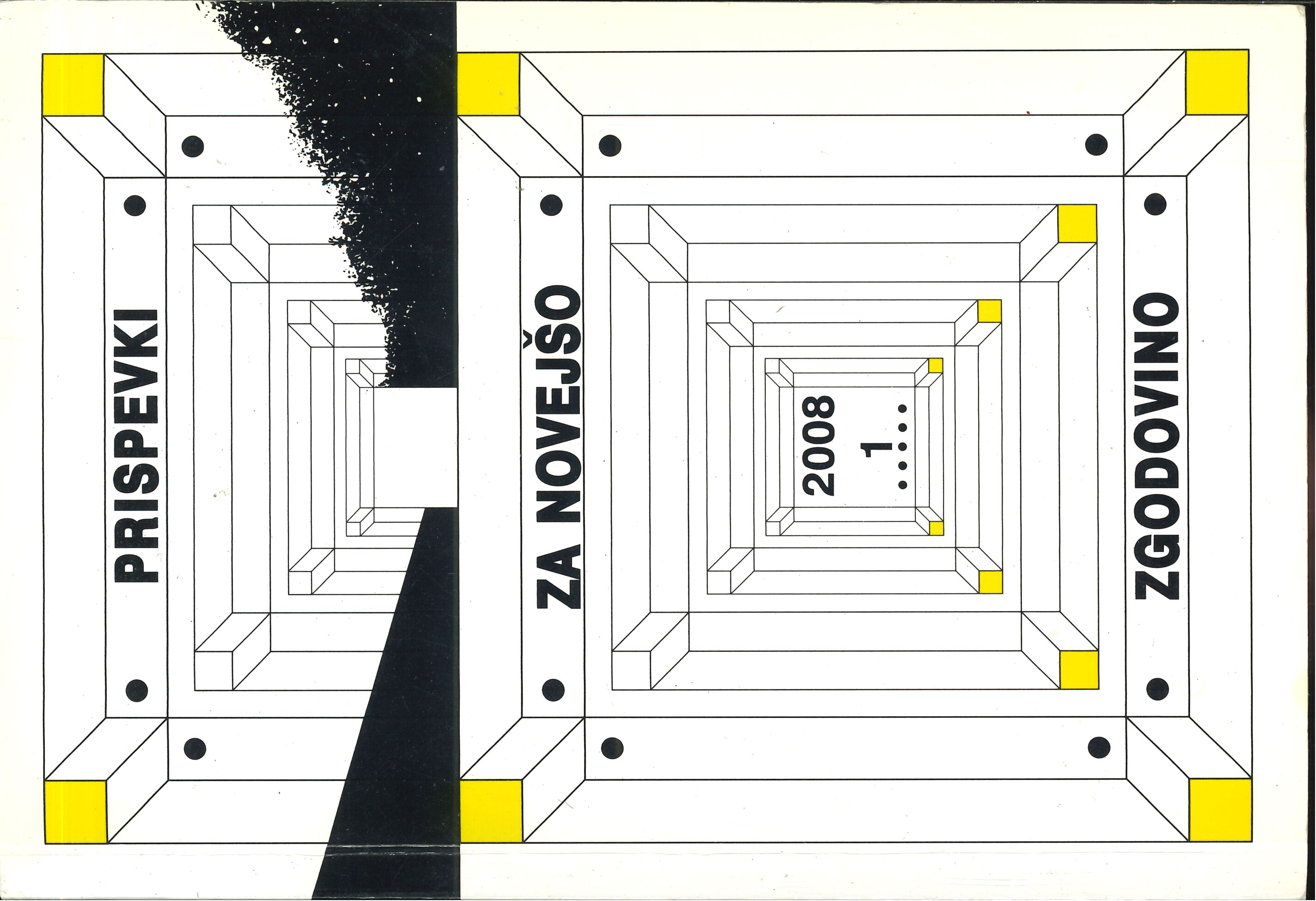Forgotten Victims? The Carinthian "Dragged Away" From May 1945 in the Light of Regional Historiography and Regional Historiography Policy
Keywords:
Carinthia, the end of war 1945, , politics of the past, politics of history, culture of rememberingAbstract
In the following article, the author explores the arrest of approximately 300 persons in the South Carinthia region, carried out immediately after 8 May 1945 by the special units of the Yugoslav army, which took some of the arrested to the Yugoslav territory. Of these persons who were "dragged away", 96 are deemed as missing, and it has to be assumed that they were victims of extrajudicial executions. The central focus of the analysis is looking at these events in the context of the Carinthian political discourse and historiography as well as establishing a certain overview of them. Since 1947 the German-national Carinthian circles have attempted to depict the "dragged away" as "innocent victims", executed because of their "loyalty to their homeland", while they conceal the participation of these people in the Nazi system (for example the denationalisation policy against Slovenians). A part of the Carinthian historiography has been reproducing these interpretations without any critical distance.
Downloads
Published
Issue
Section
License
Authors who publish with this journal agree to the following terms:
- Authors retain copyright and grant the journal right of first publication with the work simultaneously licensed under a Creative Commons Attribution License that allows others to share the work with an acknowledgement of the work's authorship and initial publication in this journal.
- Authors are able to enter into separate, additional contractual arrangements for the non-exclusive distribution of the journal's published version of the work (e.g., post it to an institutional repository or publish it in a book), with an acknowledgement of its initial publication in this journal.
- Authors are permitted and encouraged to post their work online (e.g., in institutional repositories or on their website) prior to and during the submission process, as it can lead to productive exchanges, as well as earlier and greater citation of published work (See The Effect of Open Access).


